btu question--when do you need more?
countrygal_905
14 years ago
Related Stories
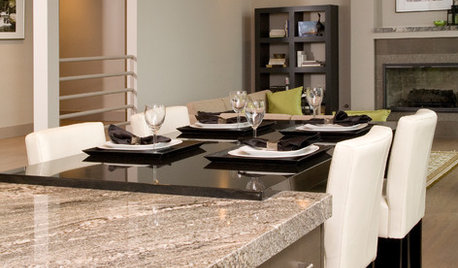
REMODELING GUIDES9 Hard Questions to Ask When Shopping for Stone
Learn all about stone sizes, cracks, color issues and more so problems don't chip away at your design happiness later
Full Story
SELLING YOUR HOUSE15 Questions to Ask When Interviewing a Real Estate Agent
Here’s what you should find out before selecting an agent to sell your home
Full Story
KITCHEN DESIGN9 Questions to Ask When Planning a Kitchen Pantry
Avoid blunders and get the storage space and layout you need by asking these questions before you begin
Full Story
FEEL-GOOD HOMEThe Question That Can Make You Love Your Home More
Change your relationship with your house for the better by focusing on the answer to something designers often ask
Full Story
ARCHITECTUREA More Perfect Union: When Space and Materials Harmonize
For successful architecture to happen, your space and materials need to have a great relationship
Full Story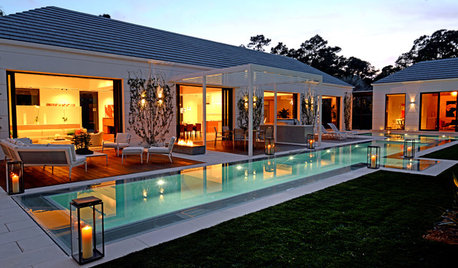
CONTRACTOR TIPSBuilding Permits: When a Permit Is Required and When It's Not
In this article, the first in a series exploring permit processes and requirements, learn why and when you might need one
Full Story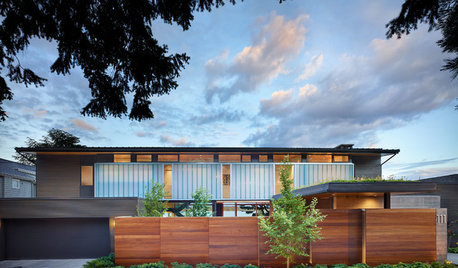
CURB APPEAL7 Questions to Help You Pick the Right Front-Yard Fence
Get over the hurdle of choosing a fence design by considering your needs, your home’s architecture and more
Full Story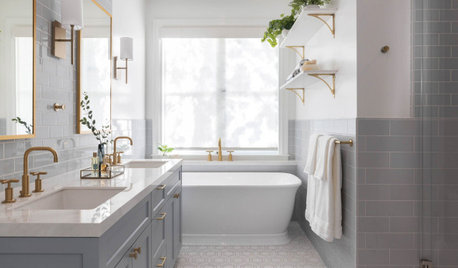
FLOORSWhat to Ask When Considering Heated Floors
These questions can help you decide if radiant floor heating is right for you — and what your options are
Full Story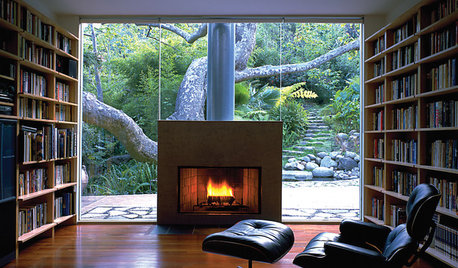
Easy Green: 6 Must-Answer Questions Before You Buy
Thinking about buying ecofriendly furniture? For a truly environmentally conscious home, ask yourself these questions first
Full Story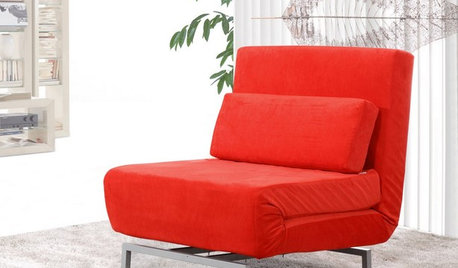
FURNITUREKnow When to Fold 'Em
When space is tight, look for furniture that cleverly collapses, expands or fills more than one role
Full Story





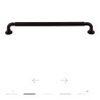

amcook
buffalotina
Related Professionals
Schenectady Kitchen & Bathroom Designers · Auburn Kitchen & Bathroom Remodelers · Avondale Kitchen & Bathroom Remodelers · Hoffman Estates Kitchen & Bathroom Remodelers · Kendale Lakes Kitchen & Bathroom Remodelers · Luling Kitchen & Bathroom Remodelers · San Juan Capistrano Kitchen & Bathroom Remodelers · Skokie Kitchen & Bathroom Remodelers · Plant City Kitchen & Bathroom Remodelers · North Chicago Kitchen & Bathroom Remodelers · Glenn Heights Kitchen & Bathroom Remodelers · Burr Ridge Cabinets & Cabinetry · Eureka Cabinets & Cabinetry · Farmers Branch Cabinets & Cabinetry · Fort Lauderdale Cabinets & Cabinetryguadalupe
countrygal_905Original Author
countrygal_905Original Author
ya_think
amcook
buffalotina
teachmkt
cooksnsews
ya_think